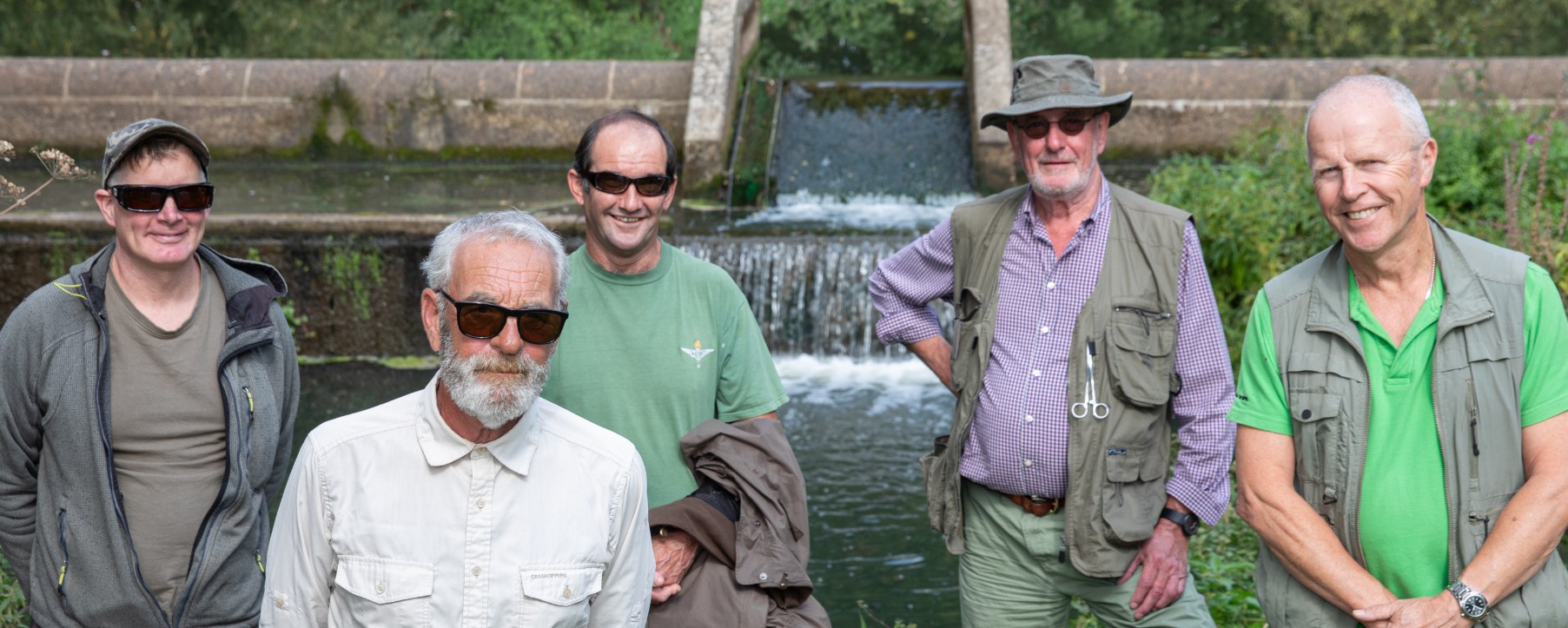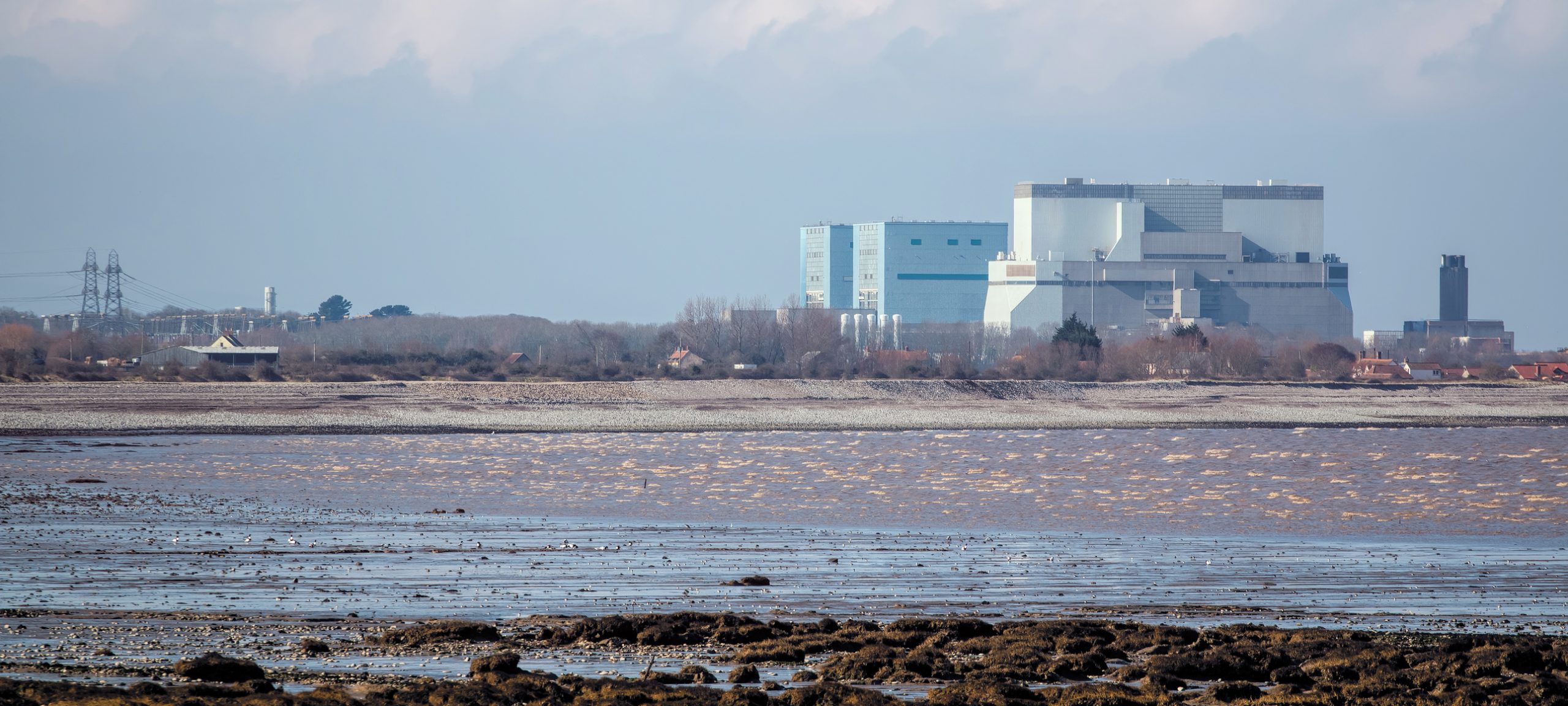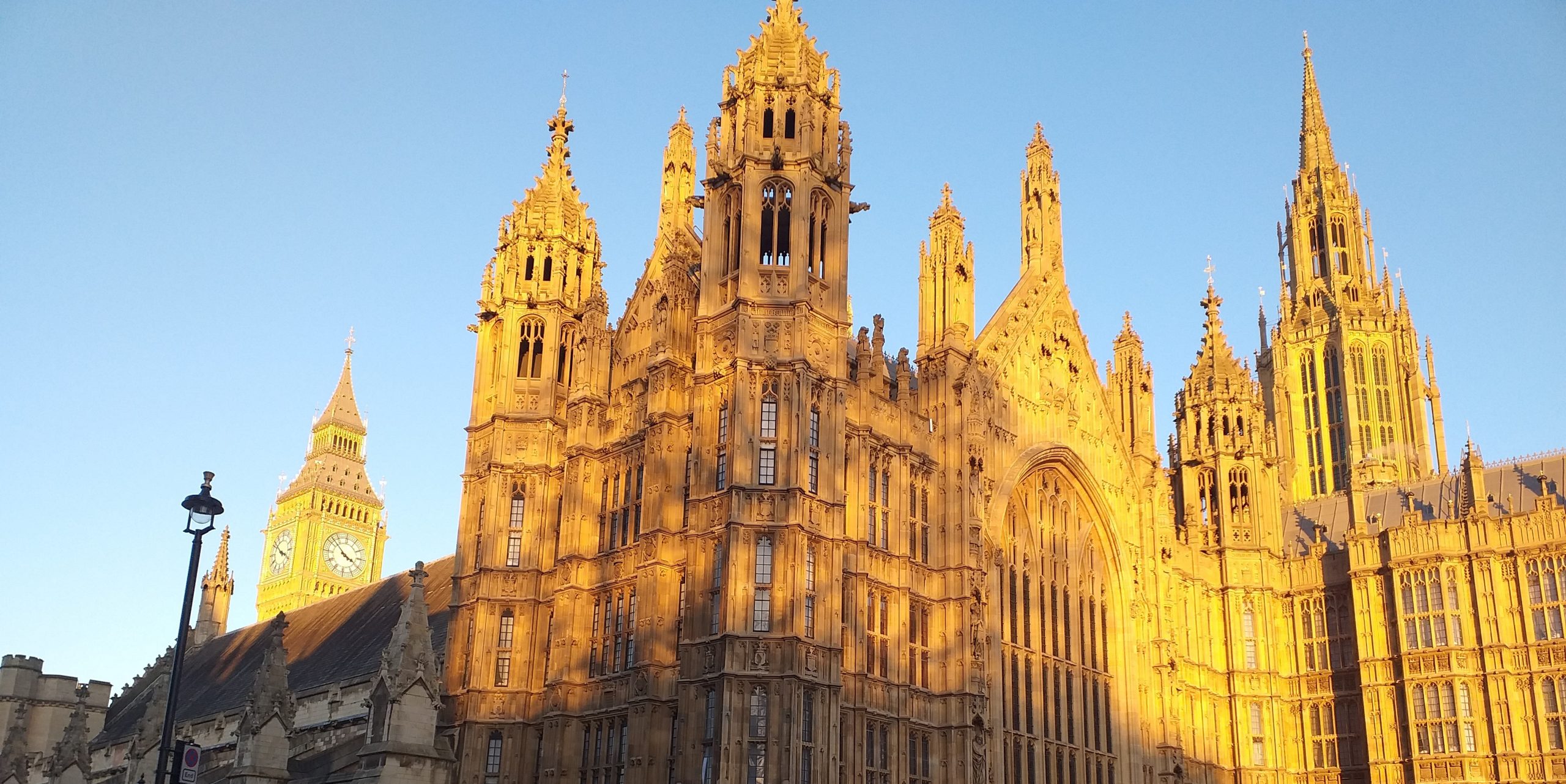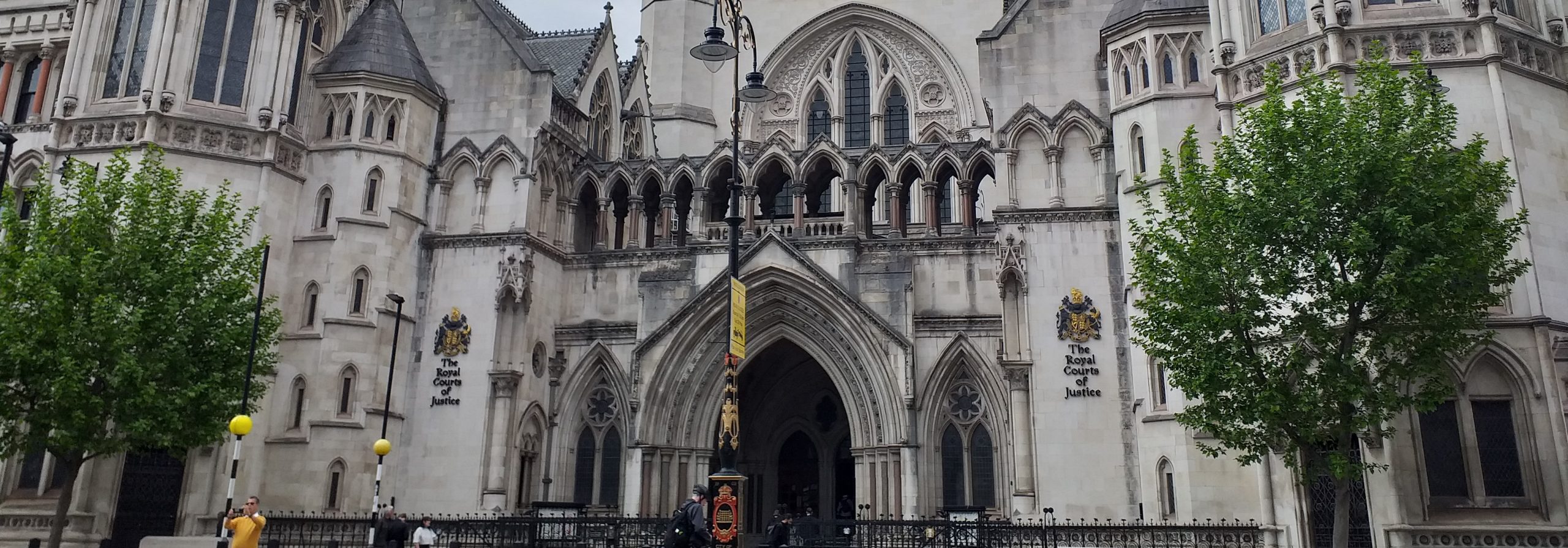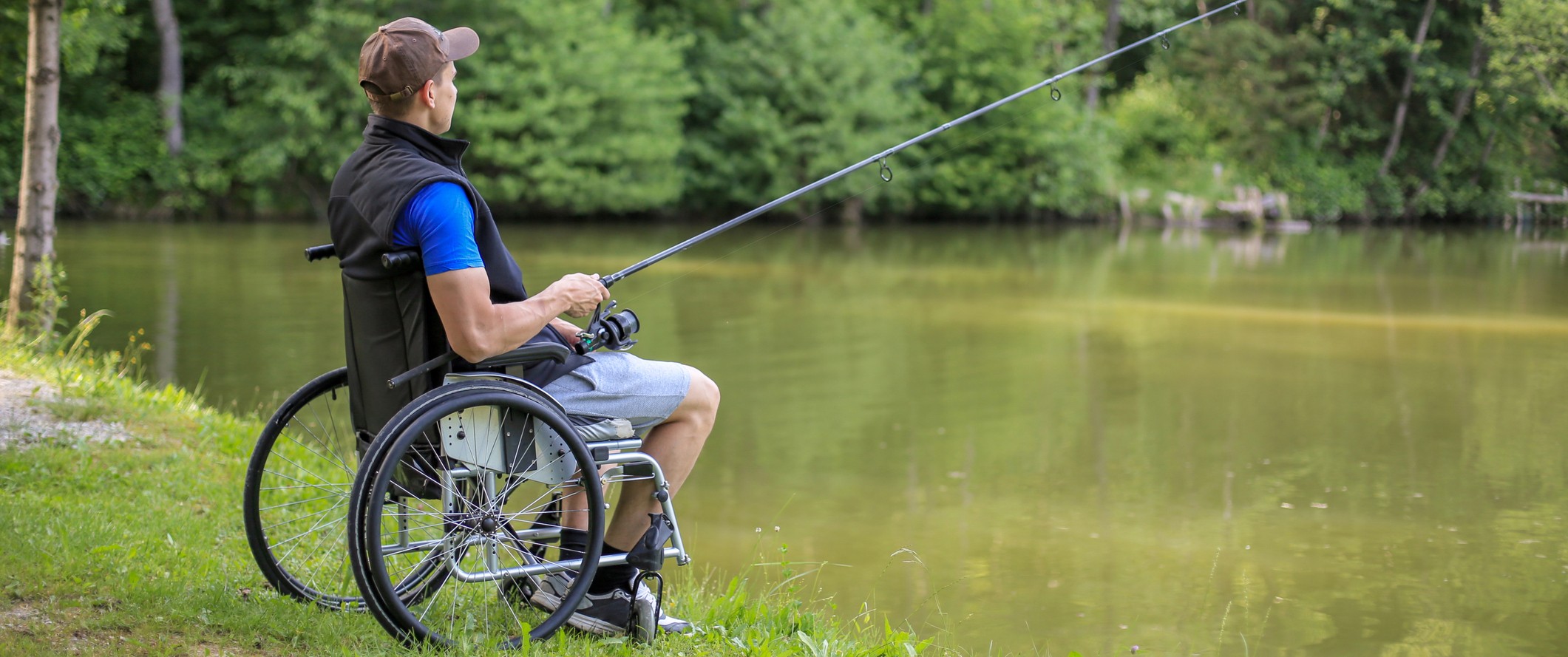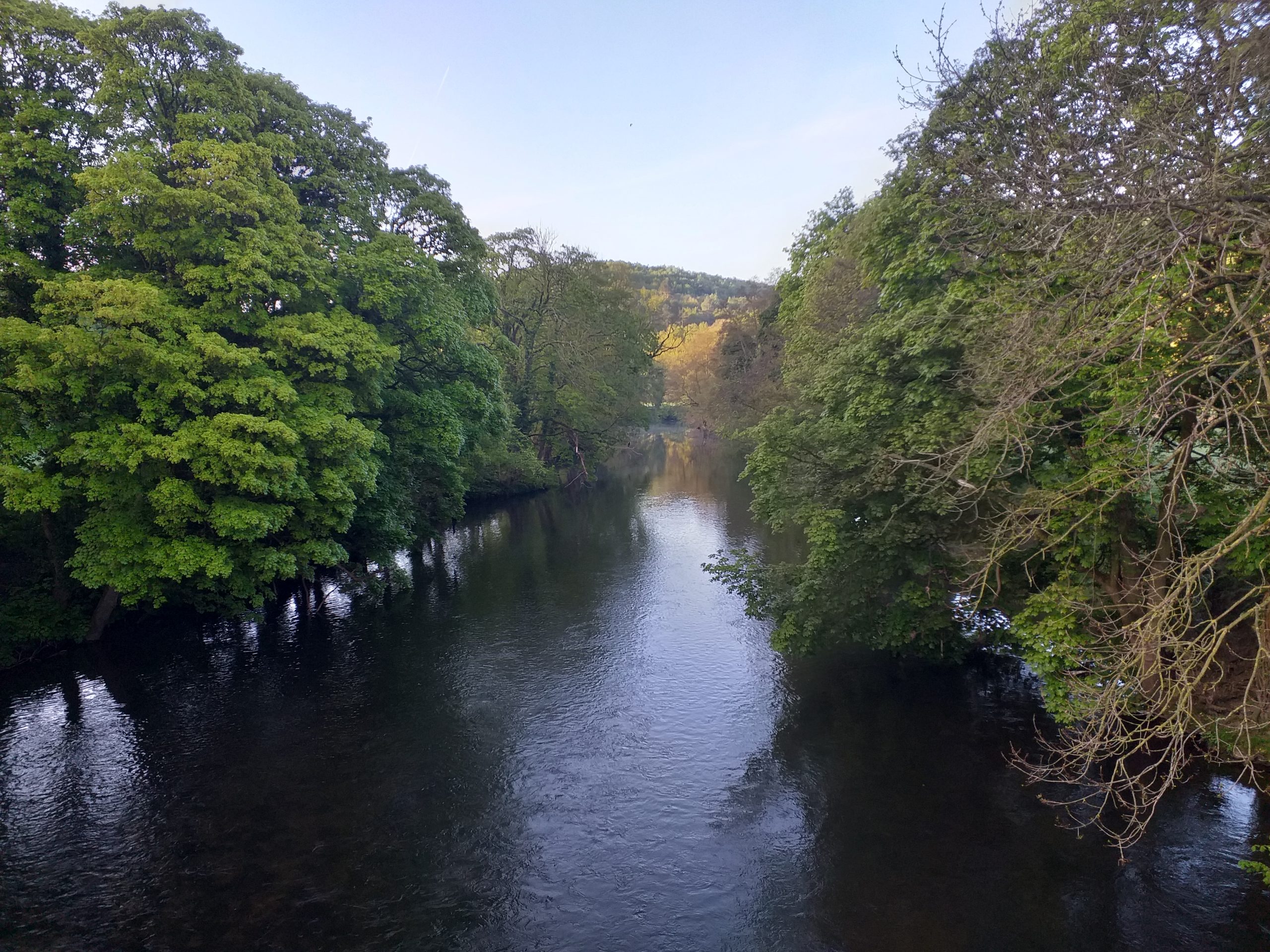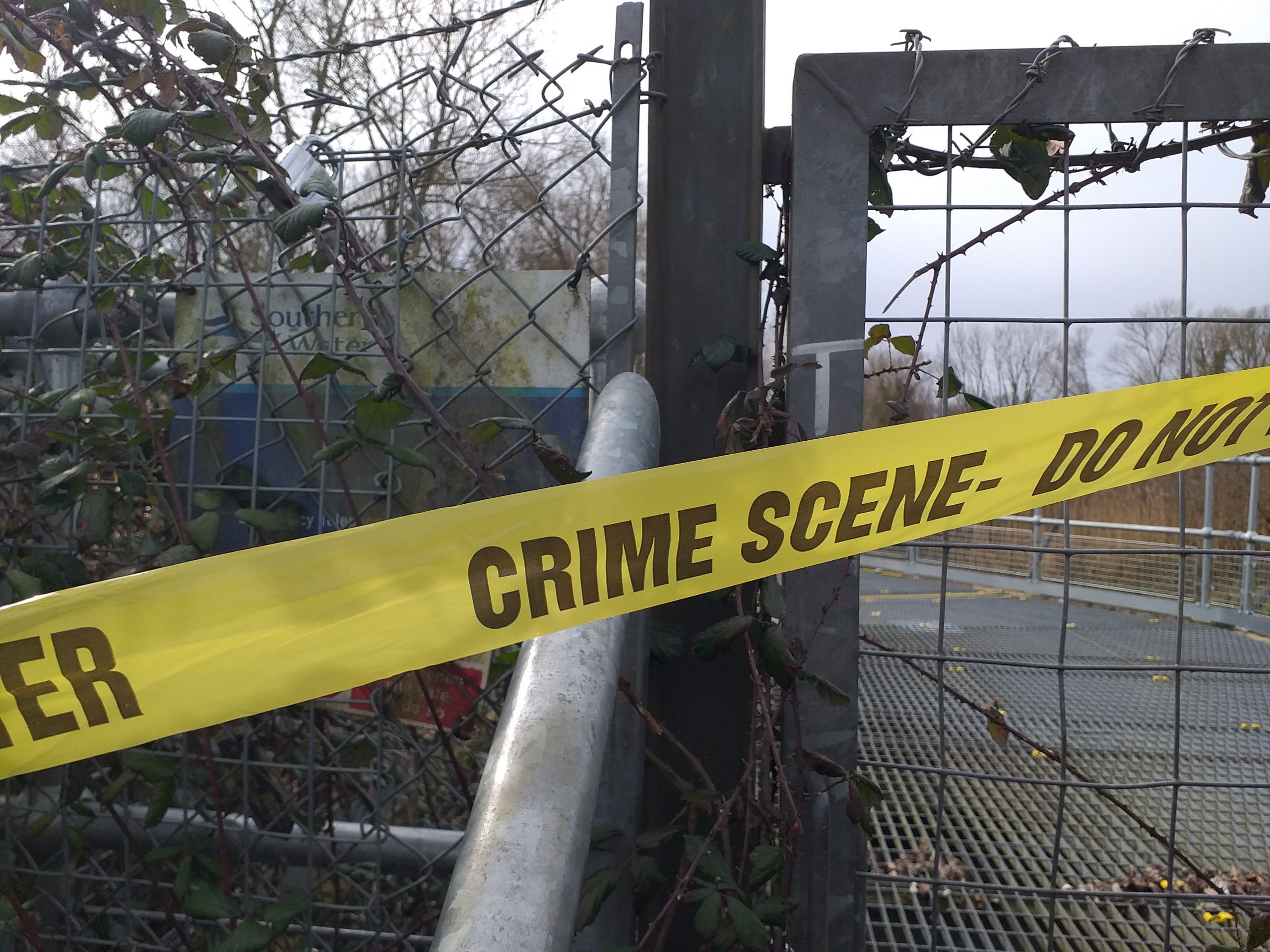Slurry pollution, Sussex Ouse
Fish Legal represented the Ouse Angling Preservation Society Ltd in a claim against Plumpton College in Sussex following slurry pollutions in November 2016 and January 2017 which killed sea trout of all year groups in Plumpton Mill Stream and Bevern Stream – a tributary of the Sussex Ouse. The college – which teaches agricultural and fisheries management – the College was prosecuted by the Environment Agency which pleaded guilty to pollution offences and was sentenced in August 2020. Fish Legal made a separate civil claim on behalf of the angling club.
On 29 November 2016, up to 20,000 litres of slurry flowed through Plumpton Mill Stream and Bevern Stream, filling them to the brim.
Shortly afterwards on 18 January 2017 the Environment Agency detected high ammonia levels from slurry entering Plumpton Mill Stream from the College facilities yet again.
Fish mortality in the streams was assessed by the OAPS to be virtually complete, wiping out juvenile fish, mature fish and eggs.
The Bevern Stream, an important spawning ground and nursery habitat for sea trout, also held large numbers of coarse fish and bullhead.
The water levels in the streams were low due to dry weather which meant that the pollution was highly concentrated.
It is believed that the first and second incidents would together have wiped out the entire population of adult sea trout present in the polluted stretches of both streams at the time, along with all eggs and juveniles, as well as brown trout and coarse fish resident in the Bevern Stream.
The Environment Agency prosecuted the College which pleaded guilty to pollution offences and was sentenced in August 2020.
Dave Brown of the OAPS said:
“The polluted streams are primary spawning grounds for the Ouse’s sea trout, fish of the highest average weight of any English or Welsh river. So their deaths, at the most sensitive time of year when adults had entered to spawn, was devastating news for the Society and the anglers who fish the river.
“The Bevern Stream itself has also provided excellent small stream fishing for a range of coarse fish, and the pollution has necessitated its closure to all fishing while the stock rebuilds, for the first time since the Society’s formation in 1875.
“Of course, we would have preferred that the pollution had never happened and accept that recovery of the fishery will be a slow process, but the compensation which Fish Legal has secured will provide a solid foundation for the future. We are very impressed by the professionalism and level of support provided by Fish Legal.”
Justin Neal of Fish Legal said:
“The pollutions in 2016 and 2017 could have been avoided by proper management. The college should really be setting an example for the farmers of tomorrow. Poor farming practices can have a devasting effect on the environment and, in particular, fisheries.
“We were pleased to see that the Environment Agency used their enforcement powers.”
